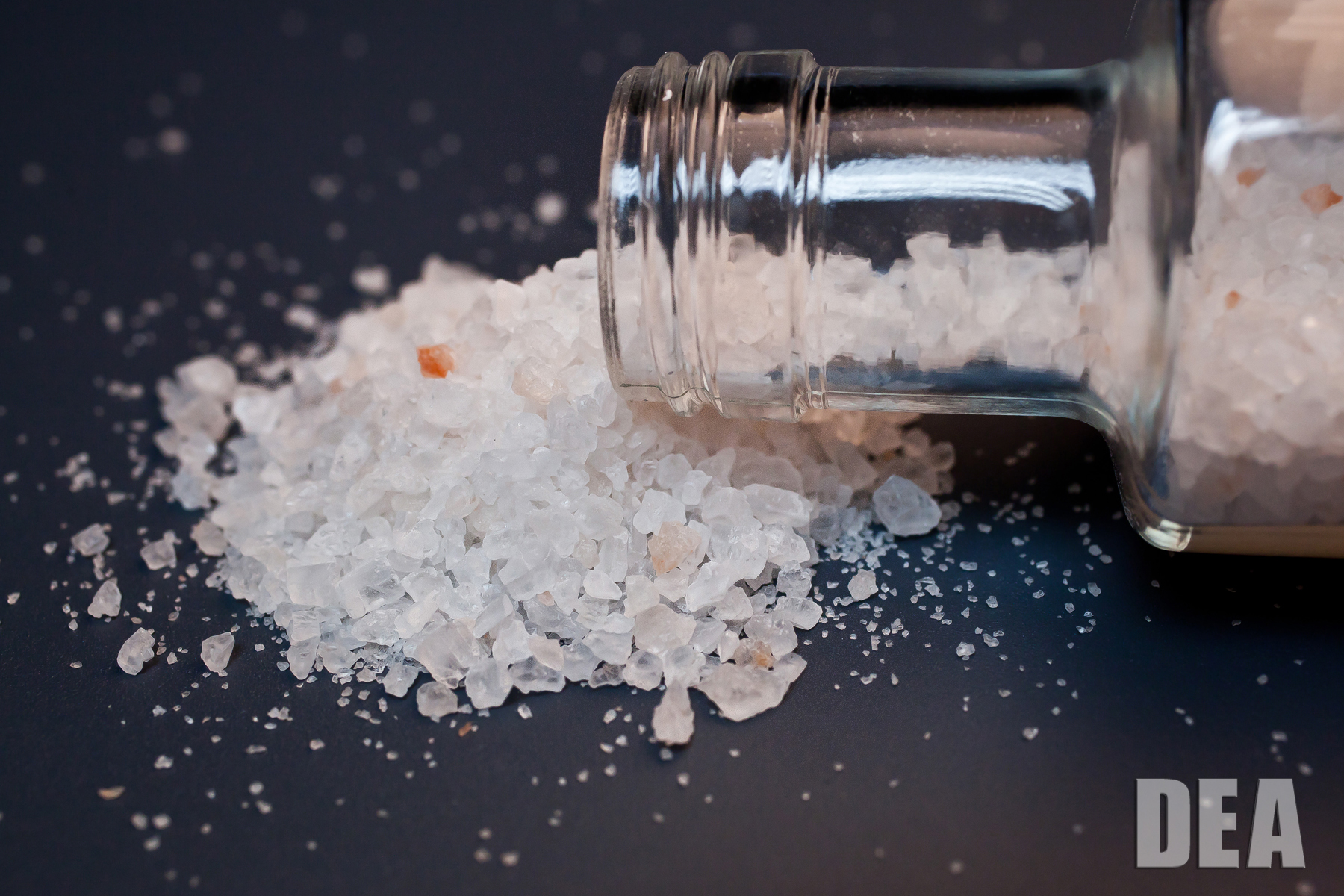SANTA ANA, CALIF.
 A Newport Beach man who mastermined a wide-reaching conspiracy that smuggled manufactured and distributed millions of dollars worth of analog drugs was sentenced to 10 years in federal prison, according to officials.
A Newport Beach man who mastermined a wide-reaching conspiracy that smuggled manufactured and distributed millions of dollars worth of analog drugs was sentenced to 10 years in federal prison, according to officials.
The drugs, among other things, were used to manufacture synthetic marijuana.
U.S. District Judge Cormac J. Carney sentenced Sean Libbert, 41, Wednesday.
According to court documents, Libbert organized and led a drug trafficking conspiracy that manufactured, marketed and sold synthetic marijuana – commonly called “spice” – under the brand name of “Da Kine Blend.”
When he plead guilty last year, Libbert admitted that at least 100 kilograms of synthetic marijuana were manufactured using the analog chemicals he provided and that he knew the “spice” was being distributed for human consumption.
Libbert pleaded guilty last November to federal offenses related to the distribution of “spice.” Libbert pleaded guilty to four felony offenses: conspiring to manufacture, possess and distribute controlled substance analogs; conspiracy to smuggle controlled substance analogs into the United States; being a felon in possession of firearms and ammunition; and money laundering.
“Spice” is known as an analog drug because its chemical composition is very similar to a controlled substance.
Analogues are intended to have a substantially similar or greater physiological effect than the narcotics they mimic.
Popular with teenagers and younger adults because of the cheaper cost and glossy packaging, “spice” has been linked to overdoses, serious injuries, and deaths across the country.
In fact, the 2014 indictment – which was the first in this district involving drug analogs – alleged that chemicals distributed by Libbert nearly killed a victim in Florida who had ingested them.
Though containing THC (the active ingredient in marijuana) and despite it being commonly referred to as “fake marijuana,” “spice” is considered by scientists and health officials to be much more dangerous than marijuana because of its high potency, and because the quality and quantity of chemicals used to make the “spice” is unregulated.
The chemical analogs are typically manufactured in clandestine laboratories in China.
Over the course of 16 months in 2011 and 2012, Libbert’s organization smuggled over 200 pounds of chemicals into the U.S., knowing that the drugs would be used to manufacture “spice” that was smoked or taken orally.
During yesterday’s lengthy sentencing hearing, Judge Carney noted that Libbert used fraudulent documents and misbranded labels to smuggle the chemical analogs from China.
As part of the scheme, Libbert incorporated a series of companies, opened up a series of bank accounts and private mailboxes, and sold than $5 million worth of “spice” to people across the United States, including other distributors and individual users.
Previously, in this case, two other defendants pleaded guilty, including a Chinese national who sold Libbert and his associate’s synthetic drugs that were smuggled into the United States.
Another three defendants charged in separate cases plead guilty to conspiring with Libbert to manufacture, possess and distribute controlled substance analogs.
Five other defendants will be sentenced later this year.
*The investigation into the analog drug ring was conducted by the Los Angeles HIDTA (High-Intensity Drug Trafficking Area) Southern California Drug Task Force, which includes special agents with U.S. Immigration and Customs Enforcement’s Homeland Security Investigations (HSI), the Drug Enforcement Administration and IRS Criminal Investigation.

